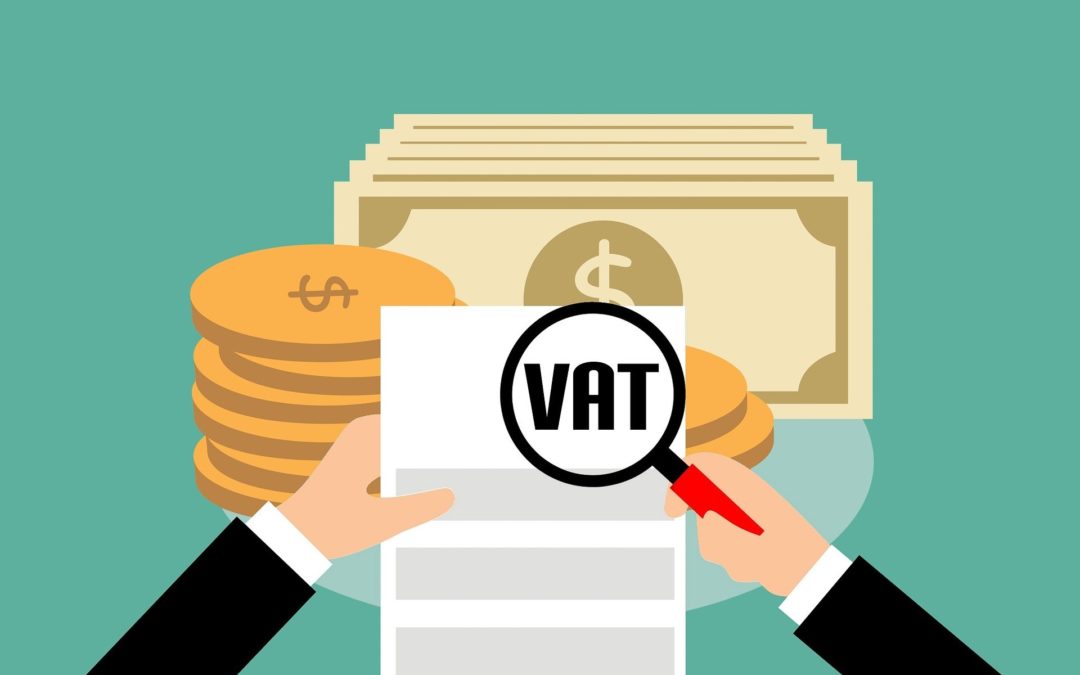If you have a business which has a turnover below the current VAT registration threshold (£85,000), you can choose to voluntarily register for VAT.
Whether this is worthwhile will depend on your specific circumstances. The key advantages and disadvantages of a voluntary registration are shown below.
Advantages
- Most purchases that you make will cost less as you can reclaim your input VAT.
- Registering for VAT might make your business seem more established and impressive.
- Subject to certain conditions, you can reclaim input VAT on goods and services purchased before registration. This is known as pre-registration VAT.
Disadvantages
- You will have to charge VAT on your sales. This will make your products/services more expensive for non-VAT registered customers. But if you only sell to VAT registered customers, adding VAT will not make your products/services more expensive for them.
- You will have additional invoicing requirements and VAT record-keeping responsibilities. You’ll have to set up billing and accounting systems to ensure that VAT is charged and recorded correctly from the date you register for VAT.
- You will have to submit VAT Returns to HMRC. These are usually completed quarterly.
- If you sell to EU businesses, at this point in time you’ll have to comply with EU VAT rules and submit EC sales lists to HMRC. It’s likely that from 1 January 2021, EC Sales Lists will no longer be required once the Brexit transition period is over.
- VAT is a tricky tax and is easy to get wrong. If you need help from a tax adviser to set up VAT systems and prepare/submit VAT returns, there will be additional fees.
- If you’re a company, you’ll pay more corporation tax as any VAT you can’t reclaim is usually tax deductible for corporation tax.
- If you’re a sole trader, you could pay more income tax and NI as any VAT you can’t reclaim is usually tax deductible for income tax and NI.
To establish whether voluntary registration is beneficial, you should therefore prepare calculations of the likely net tax cash saving. These calculations should include VAT reclaimed on P&L costs and any capital expenditure.
You should also consider the various VAT schemes available to small businesses, including the Flat Rate Scheme and Cash Accounting Scheme.
In summary, while it’s tempting to voluntarily register so you can claim VAT suffered on purchases of good/services, this benefit should be carefully weighed against the disadvantages, in particular the impact on your competitiveness and the admin burdens.
If you need advice on this or any other accountancy, tax and business issue, get in touch for a no-obligation, free discussion – see our Contact Us page for how to reach us.
Keeping you compliant | Saving you tax | Helping you grow
Information in this publication is intended to provide only a general outline of the subjects covered. It should neither be regarded as comprehensive nor sufficient for making decisions, nor should it be used in place of professional advice. Whyatt Accountancy and the writer accept no responsibility for any loss arising from any action taken or not taken by anyone using this material.

